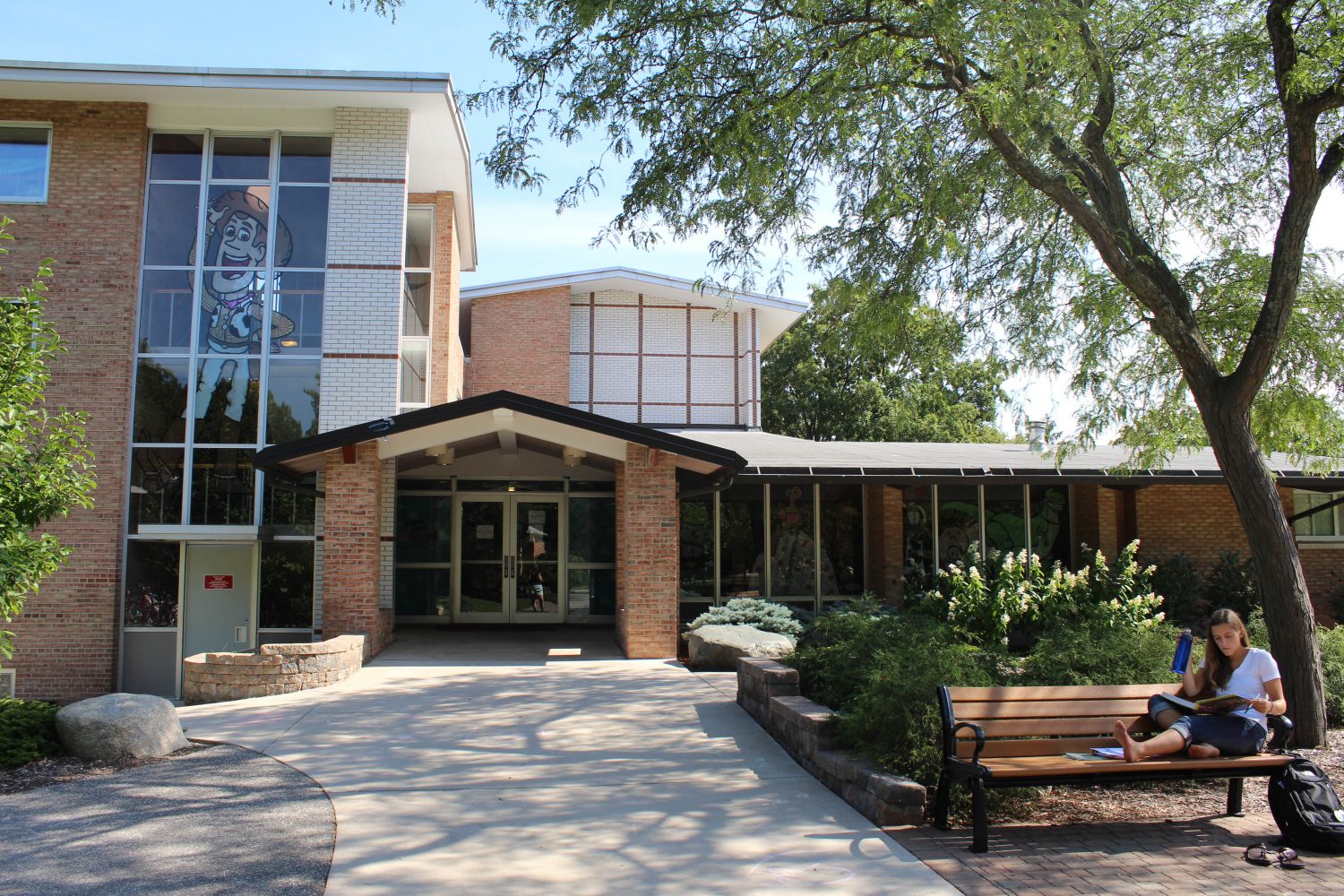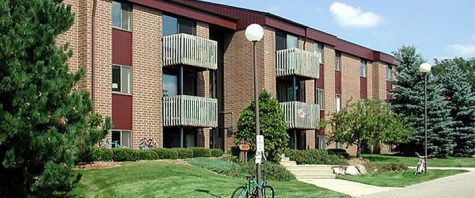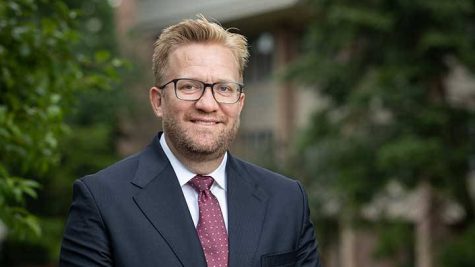New policy will require future students to live on campus for three years
The move aims to boost revenue for the university
Starting with the class of 2026, students will be required to live on campus for three years instead of two.
Starting with the class of 2026, Calvin will require students to live in and pay for three years of on-campus housing. The new policy is a move to generate more revenue for the university. Declining enrollment has opened up space in the residence halls, making this change possible.
Currently, the residency requirement is two years.
This new policy was implemented to generate more money for the university. The Financial Division Report sent to the Board of Trustees in February stated, “The available space on campus allows us to move in this direction, with the hope of helping student success and providing some additional revenues.”
In an email to Chimes, President Michael Le Roy said that he could not provide an estimate of the amount of revenue that the university expects to make from the change in this policy. “It is hard to say specifically at this time because it depends on total occupancy, but I would like to see our occupancy rate above 90 percent,” Le Roy said.
Juniors who want to fulfill this requirement by living in the Knollcrest East apartments will be allowed to do so. “We recognize that juniors and/or seniors may want different things, so we want to make sure that this group has good options,” said Le Roy.
Some details of the plan have not yet been finalized, but Le Roy shared two options that are being considered. Juniors could continue to live on dorm floors but have single rooms. Calvin might also designate more residence hall floors specifically for juniors and seniors.
Le Roy hopes that this new policy will increase student wellbeing. “I do think that students benefit from living in community and having the support they need to be successful academically and socially,” he said.
Although the administration has been reviewing the possibility for several years, the final decision was made this fall and became public this semester. Student Life and the trustee committees of administration and finance aided the administration in making the decision.
Calvin’s three-year residency requirement will be similar to what many other Christian colleges already have in place. Hope College and Aquinas College both require students to live on campus for three years, while Wheaton College and Gordon College require students to live on campus for all four years. Like Calvin, they offer exemptions for students who live with their parents, are married or are non-traditional undergraduates.
“Most of our peer institutions have three-year residency requirement and I think it makes sense for us also,” said Le Roy.











Nathan • Mar 8, 2021 at 11:02 pm
This will be an interesting journey that Calvin will be going down as it pursues the idea of a 3-year requirement. I agree with President Le Roy that this will be a good way to keep Calvin’s community engaged on campus as enrollment continues to dwindle. I do think that it is a little interesting that there is the direct intent of generating revenue for the university. Are those the best motives for mandating that students spend an exorbitant amount on room and board when off-campus housing is far more affordable? Unclear. Needless to say, as the campus moves forward with this, I would expect dorm life to change and become more “cliquey” as the upperclassmen stay in their own packs and may give rise to underclassmen feeling excluded. Only time will tell!
Lenny • Mar 6, 2021 at 1:45 am
I think enrollment will go down further because as fun as it is to live on campus the first two years, you are ready to move off after that. Plus it is a dry campus and that stinks for juniors and seniors who are of age that may want to have a couple drinks. I think you will have more people sneaking alcohol on campus. I also think that people will feel as though they are being too restricted. As someone who had a significant other both when on campus and off I felt it was too controlled on campus and especially as a 20 something I think that I should be allowed to makes more of my own decisions and not be so restricted on campus. BAD IDEA!